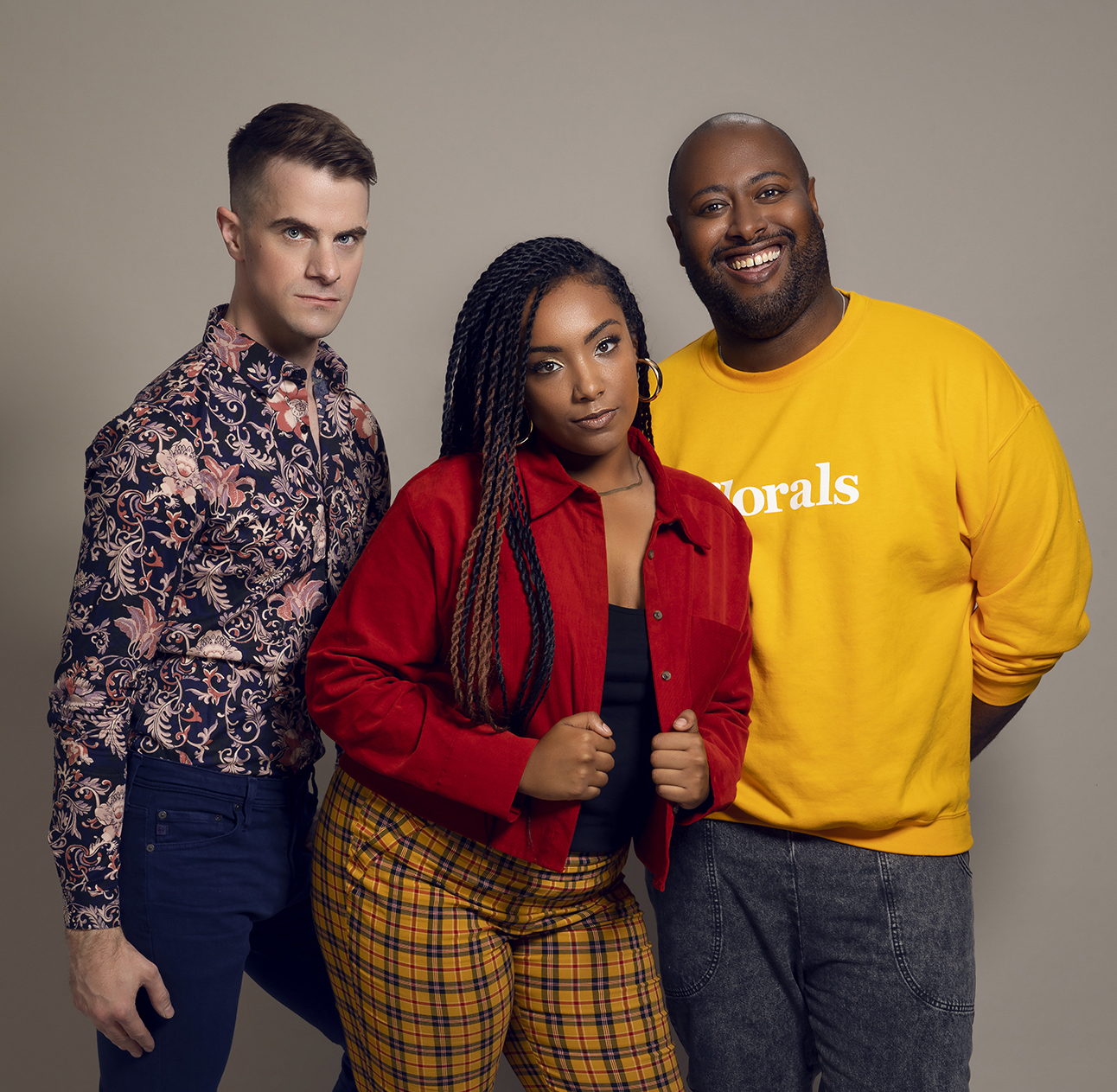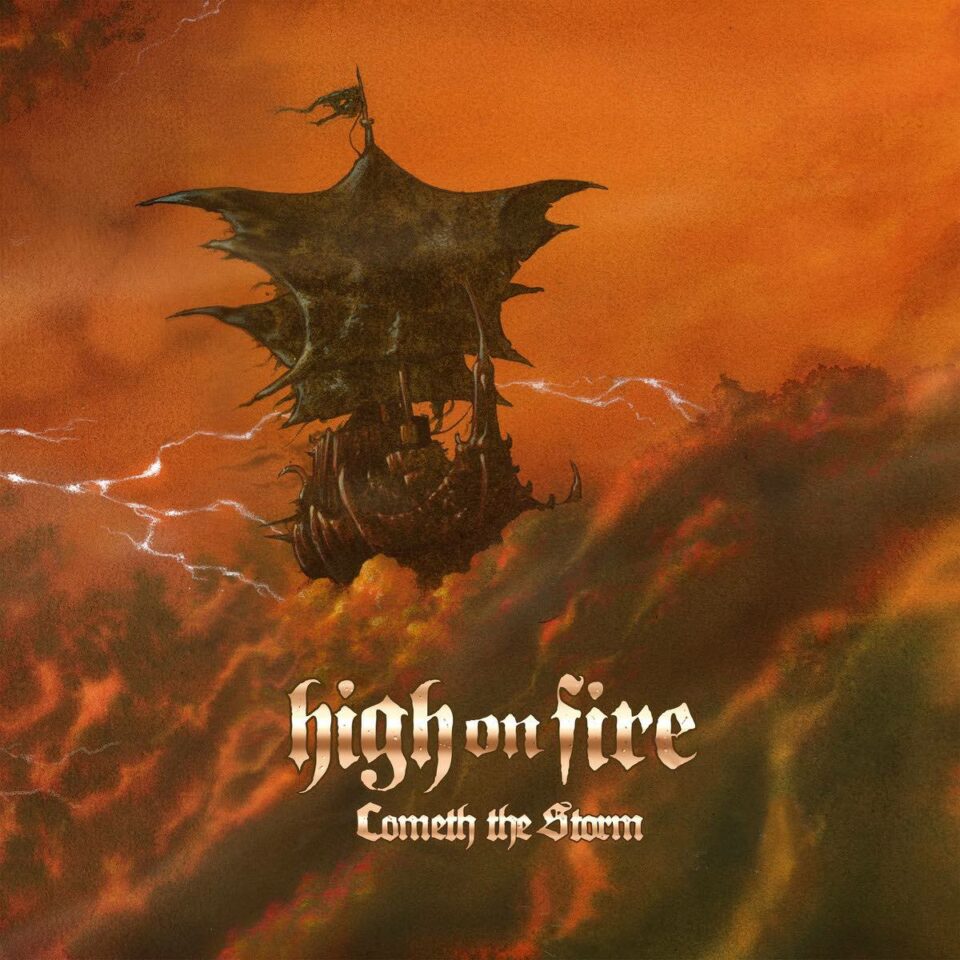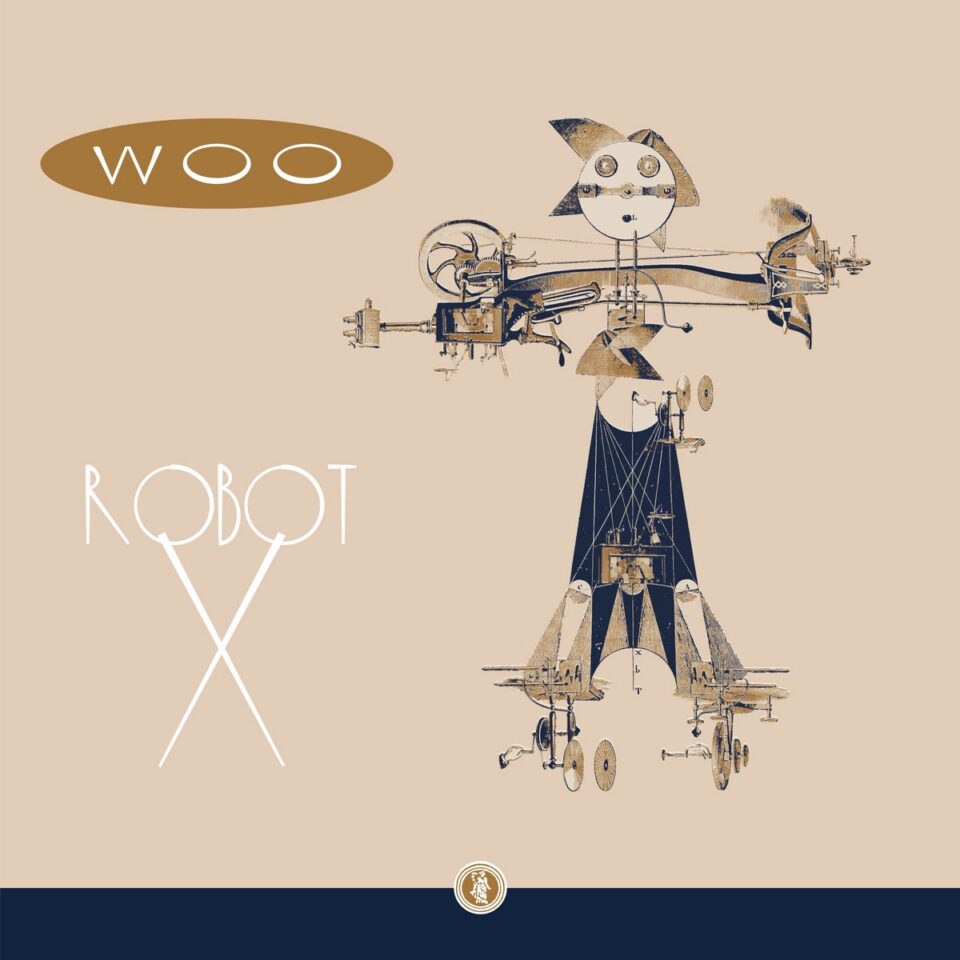Back in October, Crooked Media’s Keep It celebrated one hundred episodes and added a new permanent podcast co-host, Aida Osman, to join lifers Ira Madison III and Louis Virtel in bickering about pop culture and politics and interviewing guests like Ronan Farrow, Hunter Harris, Mandy Moore, and Adam Scott. The pod’s original concept was a mix between Crooked’s Pod Save America and Lovett or Leave It, utilizing conversational chemistry between longtime buds Ira and Louis to create the atmosphere of a fireside chit-chat with the attitude of gossip at an LA brunch spot.
Each host has their signature: for Louis, it’s light-on-his-feet quips, trivia-style references to old Hollywood, and refined taste (“I swept it away with my big gay apathy broom,” he said recently of forgetting about Game of Thrones). Ira’s trademark is a generous chuckle and genial molasses-slow voice (he’s even been aurally recognized in a café while ordering); he seems to view everything with a sort of well informed, semi-detached good humor. As for Aida, it is perhaps too soon to tell—but it seems likely she’ll be distinguished by her dry sass, the wary but resilient voice of reason, following in ex-host Kara Brown’s footsteps by countering the frivolity of Louis and Ira’s tangents just a little, when possible.
I got to watch the trio record an episode live at the Crooked headquarters, where they sit in front of a Keep It–specific collage comprised of some cultural icons they value most; Michelle Obama, Whitney Houston, Naomi Campbell, Serena Williams, Ariana Grande. That day, the triad discussed everything from sexism and non-consent on Survivor, to Disney+ adding disclaimers about racist stereotypes to their older films (excepting Song of the South, a flick Ira called “too hot for TV,” which is not available to stream at all), to movies currently in theaters that aren’t quite up to snuff (“I wanted it to be a divorce movie where Ferrari gets the kids,” Louis lamented of the racing car drama Ford v Ferrari).
The podcast is named after a cheeky phrase Ira coined with his prodigious Twitter presence, always in reference to some film, book, collab, political candidate, act of artificial wokeness, or anything, really, that he simply doesn’t have time for and would rather not exist. Luckily, Ira, Louis, and Aida did have time to sit down with us and discuss the cons of nostalgia culture, the angst of “Film Twitter,” and the ever-changing media landscape.
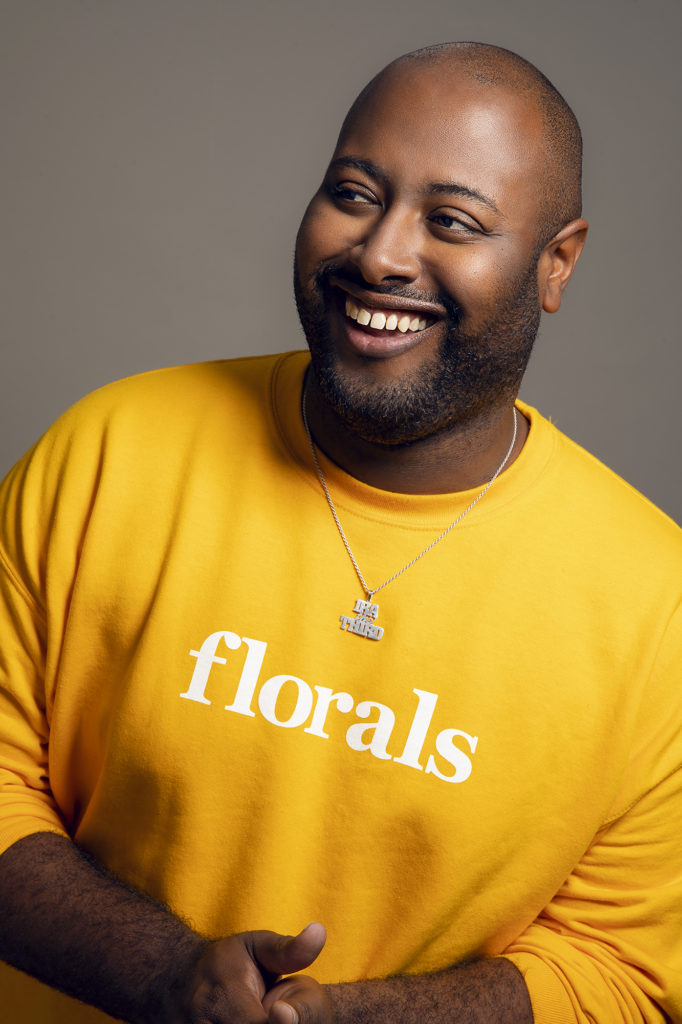
Ira Madison III
Ira and Louis, you’ve both worked as entertainment writers in the past, and Aida, you come from comedy. What do you guys like about podcasting as compared to writing longform or doing stand-up?
Aida: I enjoy the podcast format because when you’re writing, you can get kind of meticulous and obsessive about what you’re saying—especially timing-wise, with comedy. On a podcast, you can just go off. And there’s a rapport, a conversation. When I’m doing stand-up it’s just me yelling at an audience.
Louis: Podcasting combines what I like about both entertainment journalism and comedy, which is that I get to use a lot of information to inform the ways in which I’m funny, and I get to use a lot of comedy to back up the knowledge that I have. I think I’m at my best as a performer when I’m socializing.
Ira: There’s this idea that when you just read something, you can take it in—but you really need to have a dialogue. Unfortunately, with the landscape we’re in now, there’s a glut of media, people only read headlines, and there’s all this content you’re forced to push out, writing something every day whether or not you have an opinion [about it]. Keep It allows us to talk about what we actually want to, and distill something into a conversation. I would compare it to reading a book, and this is one thing I miss—and the reason I created a book club in LA with friends—if you’re reading something that’s dense, like Thomas Pynchon, you miss that college atmosphere where you can talk about it with people. Like, “What did I just read?”
Louis: And talking about it helps you remember it. Even though I consider myself somebody with a pretty awesome memory, pop culture news often goes in one ear and out the other. So it’s nice to know I still have thoughts about it.
Aida, you’re new to many pop culture references because your viewing was so restricted growing up. Does that make it difficult in 2019, when it seems like everyone’s conversations refer back to ’90s cartoons or some nostalgic element?
Aida: Yeah, I grew up in a very staunch Muslim household and wasn’t allowed to watch a lot of television. I think it was an hour a week, which isn’t enough time to finish a movie, so I’ve seen the first hour of a lot of movies. I think the cool part of my role on this show is that a lot of references Ira and Louis make are going to go over the heads of listeners, and I’m kind of the straight man. I get to learn a lot of things, because I wasn’t exposed to culture before like, 2010. I make lists during the podcasts of everything they say that goes over my head.
“There’s this idea that when you just read something, you can take it in—but you really need to have a dialogue.” —Ira Madison III
Louis: I was also under-exposed to pop culture until I was probably a pre-teen. At that point, I mainlined it so heavily. In a way, I always feel like I’m making up for lost time. Maybe this is a queer thing: but once you find the things you love and realize you have to set out to find them yourself, you start feeding that mechanism again and again.
You’re all active on Twitter and pull a lot of material from the platform. How do you feel social media has affected your absorption of pop culture? For example, with the hype surrounding films and TV shows, you might get furious about something before you’ve even seen it; or you have impossible expectations for something, and then get disappointed.
Ira: It’s very hard, but also we’ve become people whose opinions are sought out. So it’s somewhat easier to not be influenced by what the internet is saying. If I had seen The Joker and liked it, I would have had no problem tweeting that I liked it!
Louis: Movies are particularly tough in this regard; you have the festival circuit, critics who see things first, word of mouth, gossip about what happens on set. So a movie like Parasite is pretty rare, where you can still go in not knowing what it’s about. I cherish those experiences. And I try to keep my consumption of hype controlled, and not let it decide for me what I think of a movie.
In a recent episode, Ira mentioned the only way to deal with “film Twitter” is to make jokes—because if you try to make a serious point about movies, twenty film critics will want to argue with you…
Ira: They’re obnoxious.
Louis: There’s an entire arm of film Twitter that hates me because I would routinely make jokes about Martin Scorsese movies. And you have to make these jokes first in order to discover how fervent they are!
Ira: There’s a certain sect of them that don’t come from a queer place, or a comedic place. A lot of the jokes you’d make about things, like a Scorsese movie, are jokes…
Louis: Yeah, I’m not trying to codify this into law!
Ira: I can make a joke about him and still love Mean Streets. Largely, social media is unfortunately unable to distinguish whether someone’s being sardonic or not.
Aida: And queer Twitter gets so ironic, at a certain point. We’re just making jokes about memes, but saying it very seriously. Sometimes when I’m about to tweet something it’s like, “This language isn’t very clear unless you know the seventeen memes I’m referencing in this one tweet.” But people will read that and take it at face value.
Ira: If I call the movie Little Women “white excellence,” there’s no way I’m considering the concept of “white excellence” as an actual thing.
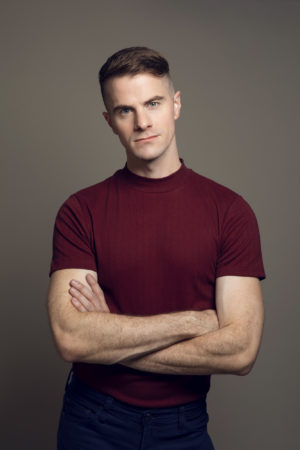
Louis Virtel
How did you come up with the phrase “keep it,” Ira? Do you recall the first time you used it?
Louis: [with faux gravitas] Yes, when did you invent those two words?
Ira: I feel like it was circa 2016? At that time I had an MTV column called Delete Your Account, and I knew I was leaving MTV, and started needing a new catchphrase. But it didn’t take off until other people started using “keep it” and @ing me.
You always refer to the “keep it” segment of the podcast, in which you each pick something new from the week that should’ve been “kept,” as your favorite. Is that because you get to be snarky?
Louis: It’s the part where we’re least likely to be talking about the same headlines everyone else is talking about. You can be bringing up something totally obscure. I talked about Vanna White last week. I’m obsessed with game shows, so I get to bring in this part of my personality that doesn’t have an outlet elsewhere. It’s the most freewheeling part of the podcast.
“Sometimes when I’m about to tweet something it’s like, ‘This language isn’t very clear unless you know the seventeen memes I’m referencing in this one tweet.’ But people will read something and take it at face value.” —Aida Osman
Aida: I’m still getting used to keep its. Usually I’m a very docile person who’s not mad about a lot of things. So I get to be like, “Girl, what’s gonna rev you up?” Typically I’ll find a funny or cynical take on things, but now I can get mad, and it’s OK.
Ira: Sometimes we talk about something serious during “keep it,” and it’s an actual rant. But for the most part, it’s a segment where you get to know more about us. Like that I want to see Ford v Ferrari.
Louis: [with disgust] Yes, painful revelations.
Have you gotten major pushback on any of your “keep its”?
Ira: We only ever get pushback for Taylor Swift and Drake.
Aida: My very first “keep it” was bad. It was to Drake, because he got a tattoo of The Beatles, because he surpassed the Abbey Road sales. I checked my phone ten minutes later, and I had maybe twenty DMs from little white boys in Canada that were calling me the n-word with a hard R.
Louis: Oh, I was wondering why they were Canadian for a second. Because, Drake!
Any dream guests you’d want on the show?
Louis: It’s about time for Ballers superfan Elizabeth Warren to jump in.
Aida: When you were talking with Karamo [Brown], it was one of the best things ever. I love conversations where maybe we don’t necessarily like them, but we’d love to pick their brain…
Ira: So, Pete Buttigieg? [Laughs.]
Aida: I’d love to do someone like Ludacris or P. Diddy, someone problematic. P. Diddy, that’s my dream.
[At this point, Aida had to leave. But Diddy: get at her.]
Louis: I continue to be obsessed with Jane Fonda, though it feels so basic now, in this era of her being applauded for activism. But guys—I’ve been there since I could be there. I’m legit, and I feel we’ve earned it.

Aida Osman
Broad question, but how do you feel the media landscape has shifted most profoundly in the last few years?
Louis: It feels like there are a tremendous amount of new opportunities for people in television, and normally, I would want to watch it all. But now it’s utterly impossible. That’s encouraging for someone in our business, but at the same time, when it comes to the universes of paywalls and stuff, and durability for websites I used to read all the time, it is depressing. I do what I can to read as much as possible; when a movie comes out, I go read literally every review. But the way I consume news and criticism is not sustainable.
Ira: Yeah, and not everybody does that. I used to love reading reviews. Especially coming from Milwaukee, and Louis is from Illinois. In the early days of the internet, we didn’t have access to learning about pop culture like we do now. We’re very talented writers—I’ll say it!—but it’s easier for us to break in now than it was. Years ago, it would’ve been a lot harder to break into an industry that’s still dominated by straight white men.
Louis: I don’t know that it would have been possible even ten years ago for a queer writer to have worked on two shows that accepted [them] and actually did something with their voice. I wrote for Billy on the Street and this show called Throwing Shade that was on TV Land. And I’ve had jobs where I can be myself, and write stuff because I legitimately think it’s funny, not because some phantom person in the Midwest thinks it’s funny.
Do you find the sheer amount of content available now can be isolating? There used to be a few shows everyone watched, and now there are so many choices, you can’t fully coordinate with anyone.
Louis: I’m actually more exhausted by how infrequently people watch things from the past now. Because you’re forever catching up, so there’s no reason to see old things! Movies even twenty years old, specifically comedies, are typically dated enough that people find them irrelevant and can’t dial into them, and that’s annoying for me. That’s the language I speak.
Ira: And with a lot of streaming services, too, the baseline is comfort-nostalgia. Why would you watch older things you haven’t seen before when you can rewatch The Office? That’s what most people are doing.
“I feel like we’re in this universe where people say, ‘God, remember Aladdin? Let’s remake that.’ Like, wouldn’t it be weird if we didn’t remember Aladdin?”
—Louis Virtel
Louis: We talk about nostalgia culture a lot, and while the repetitiveness of it can be annoying, what’s more disappointing is the lack of breadth of what we are nostalgic for. I wish people had better memories! I feel like we’re in this universe where people say, “God, remember Aladdin? Let’s remake that.” Like, wouldn’t it be weird if we didn’t remember Aladdin?”
Ira: Or nostalgia jokes on Twitter that are like, “Remember this Hilary Duff single?” Yes, we all remember it, it’s on our gay party playlists.
Louis: I’ve been to CVS before, I’ve heard it.
Ira: We should be talking about the artists we don’t all know. Nostalgia, for our generation, is tied to certain childhood things and not that curiosity we had when we were younger, like in high school and college, for seeking out older things. That seeps away. But as a writer, I always make sure I’m watching TCM and Criterion movies, or reading old books and plays. You should constantly want to educate and inspire yourself.
Louis: Not to belabor this point, but a comment I get a lot is, “Wow, you know a lot about obscure actresses.” And truly, the women I know about aren’t obscure. Most of them were considered A-listers at one point! So to pretend they are now irrelevant because I didn’t see a post about them on Vulture today… It’s annoying.
It’s funny—our parents didn’t really have a pop culture equivalent to binge-watching The Office. They had to just go out and see new films.
Louis: Yeah, we forget the craziness of YouTube emerging. For years I remember thinking, “I will never see the game shows I watched as a kid again.” And now I can’t avoid them. They’re delivered to me.
Ira: I remember when I wanted to see old episodes of soap operas or whatever in New York, I had to go to the library. Do we need a Noah flood where we wipe out access to pop culture from the past twenty years? OK…now I sound like a boomer. I need to stop. FL

